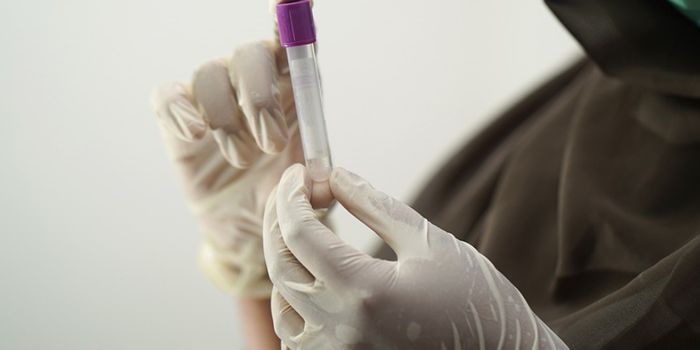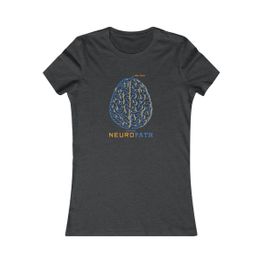Gene Linked to Endometriosis Could Lead to Non-Hormonal Treatment Options
Researchers from the University of Oxford found an association between neuropeptide S receptor 1 (NPSR1) gene variants and endometriosis. NPSR1 variants had previously been linked to asthma and rheumatoid arthritis.
In this study, women from 32 families with a history of 3 or more women with endometriosis had their DNA sequenced. Women with more severe cases of endometriosis were shown to have this genetic variant. Results were corroborated by finding the same genetic association in rhesus macaques that also had endometriosis. These researchers then observed mice after blocking the protein NPSR1 encodes with the molecule SHA 68R and found these mice had less inflammation and abdominal pain as judged by weight shifts that occur in mice when they're experiencing abdominal pain.
This genetic finding offers hope of a new treatment target that could reduce the need for hormonal treatments that aren't always effective.
Endometriosis is a chronic inflammatory condition where the uterine lining grows in areas outside of the uterus as estrogen increases during the menstrual cycle. While this lining usually grows elsewhere in the pelvis, it can also grow in the GI tract, the lungs, around the heart, and even the brain. This lining sheds during menstruation and eventually forms scar tissue. The exact cause is unknown, but theories speculate that endometrial cells escape the uterus through the peritoneal fluid or the lymphatic or vascular systems or that cells in the peritoneal region transform into endometrial tissue through exposure to inflammatory cells and growth factors. Endometriosis pain can be severe and is cyclical but tends to worsen over time. A woman with endometriosis is at an increased risk for miscarriage and infertility.
Current treatments include NSAIDs and hormonal therapies that suppress estrogen. Hormonal treatments entail more notable side effects, including weight gain, moodiness, headache, acne, and hot flashes.
Uncertainties from this genetic study still exist. Researchers are unsure if blocking the effects of NPSR1 reduces pain in the long run, not just the short run. And not all endometriosis patients have an NPSR1 variant, so it wouldn't be a treatment target for everyone with endometriosis. The next step is looking at treatment effects when blocking this gene in monkeys.
-
APR 30, 2024Immuno-Oncology Virtual Event Series 2024
-
MAY 07, 20243rd International Biosecurity Virtual Symposium
-
SEP 03, 2024Microbiology Week Virtual Event Series 2024
- See More


















































